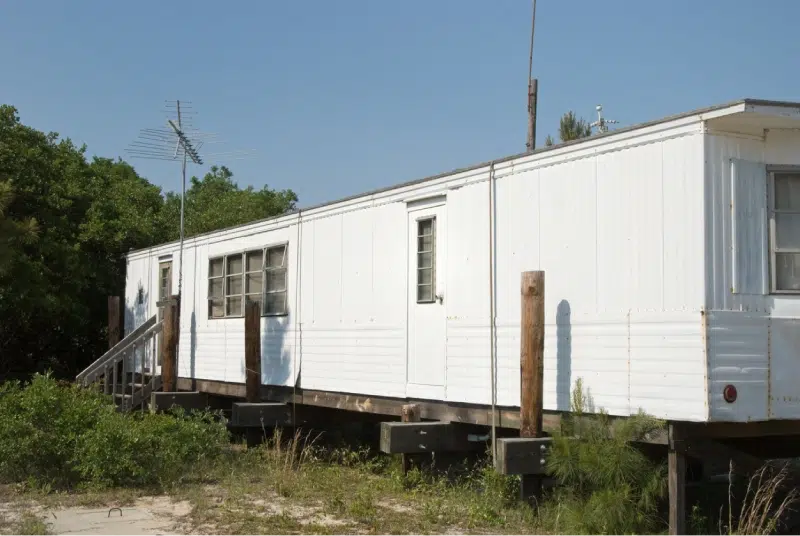Winning the Low-Fault Eviction
By Joseph Tobener, a San Francisco Bay Area Housing Rights Attorney
There is no greater threat to mobile homeowners than low-fault evictions. Low-fault evictions are unlawful detainers with little merit that are designed solely to force homeowners to defend their tenancies at great cost. Examples include evictions for untrimmed shrubs, parking outside lines, and fireworks on the 4th of July. Such cases are particularly prevalent in jurisdictions with vacancy decontrol, where park owners have enormous economic incentive to move tenants out.
With the following steps, homeowners can fight and win low-fault evictions:
-
- State in writing that you have cured or intend to cure the notice.
If it is possible to cure the notice, this should be done. Often the notice cannot be cured within the time allotted. Even if this is the case, begin the process to cure the notice and send a letter stating that you intend to fully comply. Substantial compliance is a defense to an eviction, and the park owner will have to explain to the jury why they are still pursuing an eviction even though the homeowner cured. It sets up a dominant motive defense.
-
- Make a disability claim under the Fair Employment and Housing Act (FEHA).
If the notice is not curable, determine if a chronic health issue contributed to a default or made it more difficult to cure. It is sometimes the case that a homeowner needs more time to cure because of a health issue. Under FEHA, a landlord is required to engage in meaningful meet and confer process to assist a disabled tenant in curing a default. Auburn Woods v FEHA. A landlord who fails to meet and confer to accommodate a disability may face liability for housing discrimination. DFEH v. Fulkerson. A disability is a very good defense to an eviction because the tenant’s health issues get in front of a jury and the landlord looks very bad for not assisting the tenant.
-
- File a demurrer to a notice that does not state “specific facts to permit determination of the date, place, witnesses, and circumstances” in the notice.
The Mobilehome Residency Law requires a landlord to state in an eviction notice specific facts outlining the violation, including witnesses and dates and times. This is to allow a homeowner an opportunity to investigate the veracity of the claims. Courts will summarily dismiss unlawful detainer actions based on incomplete notices. Once the demurrer is filed, this is a good time to negotiate with the landlord.
-
- Find a technicality in the service of the notice.
Park managers often fail to properly serve eviction notices. In general, an eviction notice must be personally served on a resident. Code of Civ. Proc. § 1162. When nobody is present at the property to receive the notice personally, a copy must be affixed in a conspicuous place on the property and another copy must be mailed. Code of Civ. Proc § 1162(a)(3) (emphasis added). In addition, a landlord is required by law to send the notice to each legal owner of the home by certified mail. Civil Code § 798.56a(g)
-
- Argue that the infraction is a trivial breach.
One of the standard jury instructions in California states that a breach has not occurred where both of the following are true:
-
- The person in breach made a good faith effort to comply; and
- The breach was “so trivial or unimportant that it could have been easily fixed.” CACI § 312. By their nature, low-fault evictions are founded on trivial breaches.
-
- Threaten a motion for relief from forfeiture.
A homeowner should always make clear to a park owner that even in the highly unlikely event that the homeowner loses the eviction action, the homeowner will file a motion for relief from forfeiture. A relief from forfeiture reinstates the tenancy to either allow the tenant to remain permanently in the park or at minimum allow the tenant enough time to sell a unit in place.
Obviously, each low-fault eviction case has its own set of challenges and defenses. The bottom line is that homeowners need to learn their rights quickly and be aggressive from the start. These cases are winnable, and often park owners will back down against the informed homeowner.
Joseph Tobener is a Northern California tenant rights attorney. He has represented hundreds of mobile homeowners in his career; fighting wrongful evictions, intractable repair issues, harassment and discrimination, and landlord-caused injuries.




